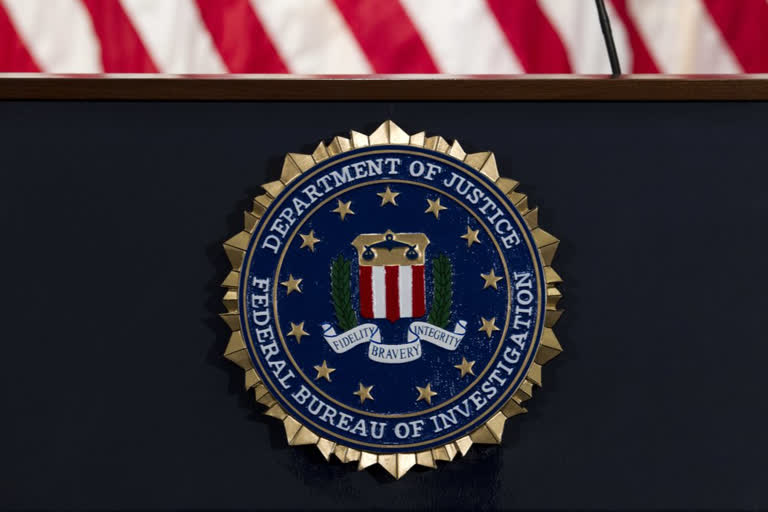Washington: A former FBI lawyer was sentenced to probation on Friday for altering an email the Justice Department relied on in its surveillance of an aide to President Donald Trump during the Russia investigation.
Kevin Clinesmith apologized for doctoring the email about Carter Page’s relationship with the CIA, saying he was “truly ashamed” of an action that he said had “forever changed the course of my life.”
“I pledge to Your Honor that I will never allow myself to show such poor judgment again,” Clinesmith told U.S. District Judge James Boasberg at a sentencing hearing held remotely because of the coronavirus pandemic.
The sentence is likely to disappoint Trump supporters who have long asserted that the Russia probe was a witch hunt riddled with misconduct, particularly as it involved Page and the government’s surveillance of him. The Russia investigation resulted in criminal charges against six Trump associates, but did not find sufficient evidence that Trump campaign associates had illegally coordinated with Russia to influence the outcome of the 2016 presidential election.
Prosecutors had sought a prison sentence of several months, but the judge said he did not think such a punishment was necessary in part because of Clinesmith’s evident remorse and because of the way he had already been “threatened, vilified and abused on a nationwide scale.”
“This conduct is the only stain on the defendant’s character that I’ve been able to discern,” Boasberg said in imposing a year of probation.
Also read:Canadian Judge rejects Huawei CFO's bid to loosen bail restrictions
Though Trump has long railed against the FBI investigation into ties between his 2016 campaign and Russia, and suggested that the officials involved in it had broken the law and deserved prison, Clinesmith is so far the only current or former one to have been charged with any wrongdoing.
The surveillance application process Clinesmith was part of was nonetheless tainted by major problems, with a Justice Department inspector general report identifying dozens of errors and omissions in the four warrant applications filed with the Foreign Intelligence Surveillance Court. Even so, that aspect of the Russia investigation was a small piece of the much broader probe.
The charge against Clinesmith was brought by John Durham, the U.S. attorney for Connecticut, who was directed in 2019 by then-Attorney General William Barr to investigate actions during the Russia probe by U.S. law enforcement and intelligence agencies. Barr last October named Durham a special counsel as a way to ensure the continuity of his investigation during the Biden administration. The current status of Durham’s work was not clear, though Barr has said that the focus of the inquiry is now centered on the FBI and not the CIA.
Clinesmith pleaded guilty in September to altering a 2017 email that he had received from the CIA to say that Page was “not a source” for the agency even though the original email indicated that he had been. As a result, when the Justice Department applied to the secretive surveillance court for the fourth and final warrant to eavesdrop on Page’s communications on suspicion that he was an agent of Russia, it did not reveal that Page had had an existing relationship with the CIA.
